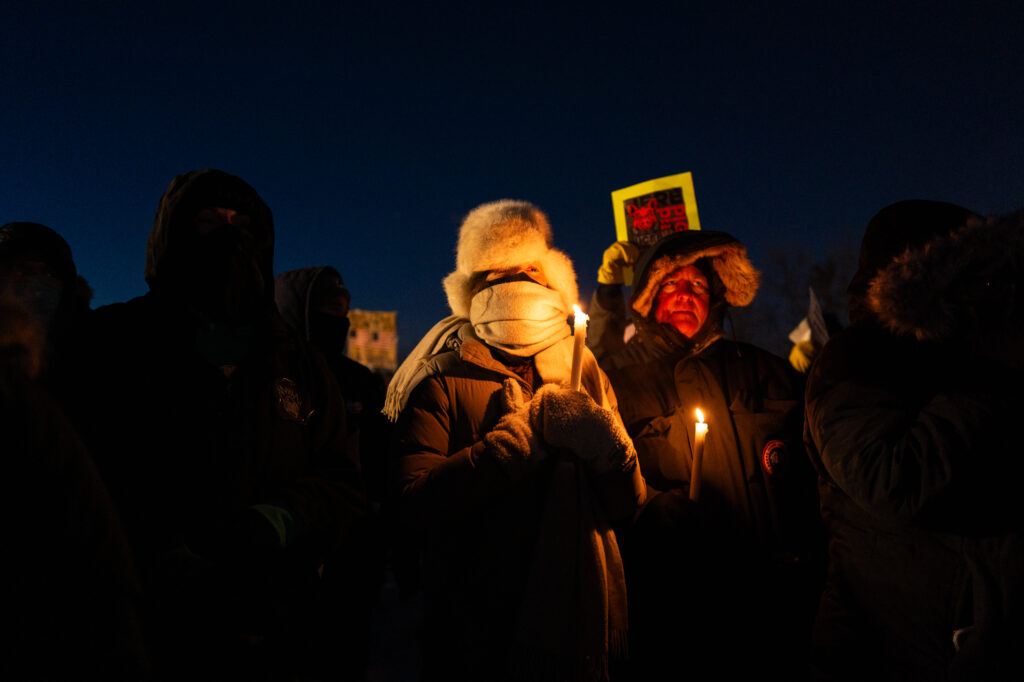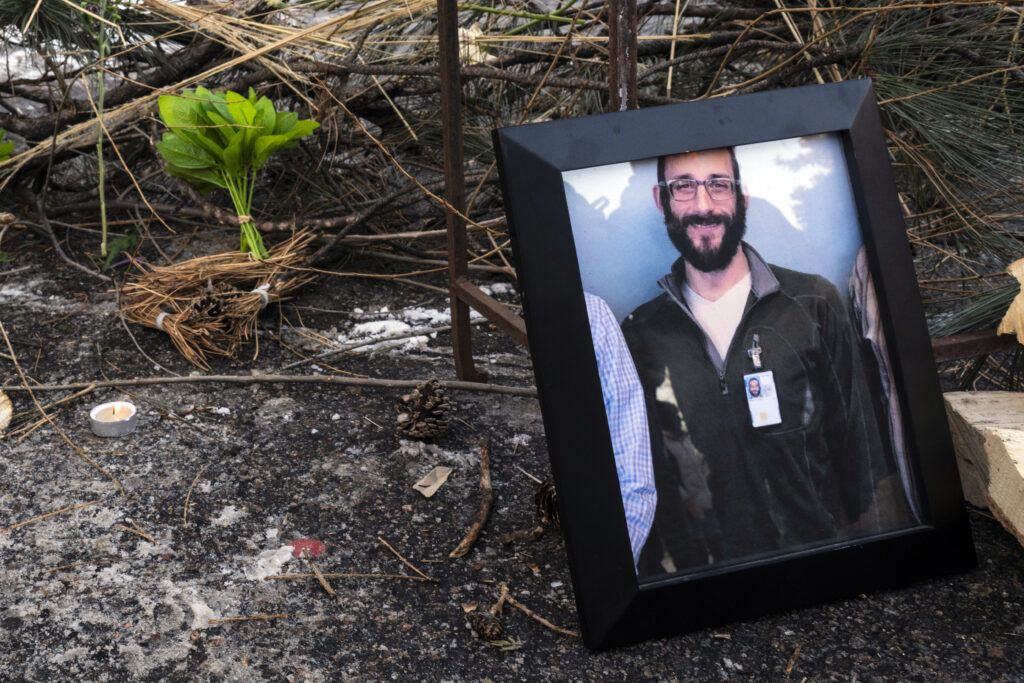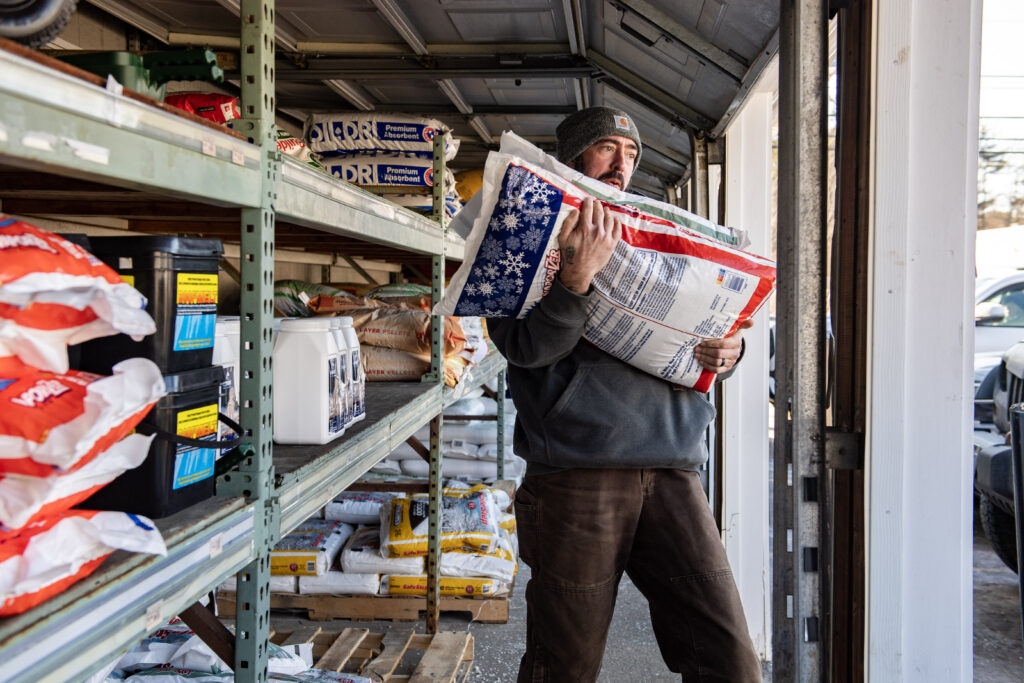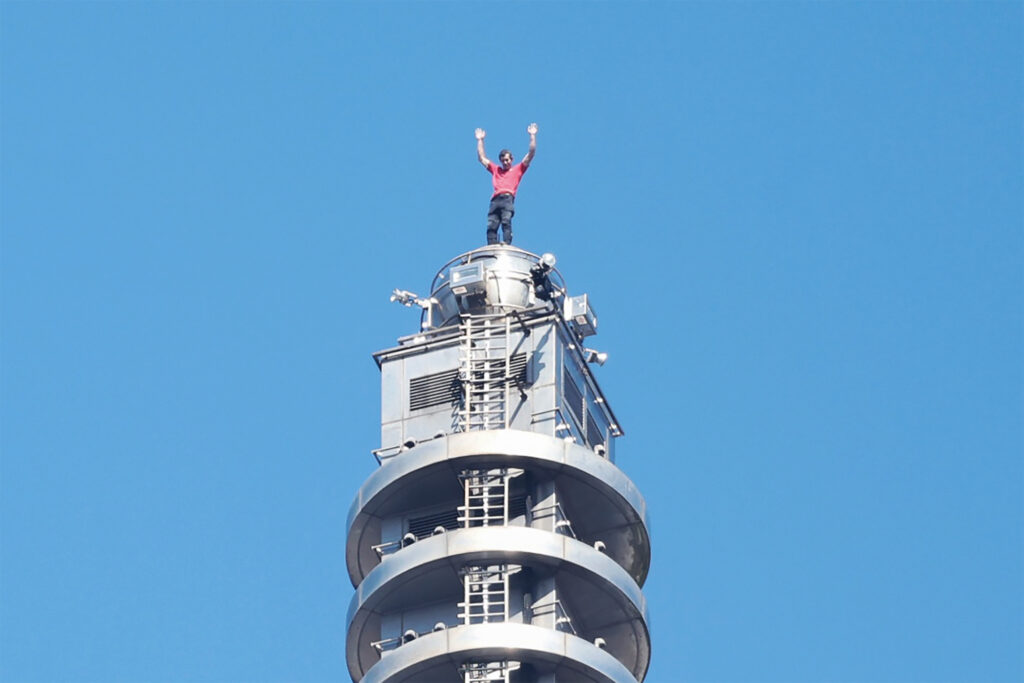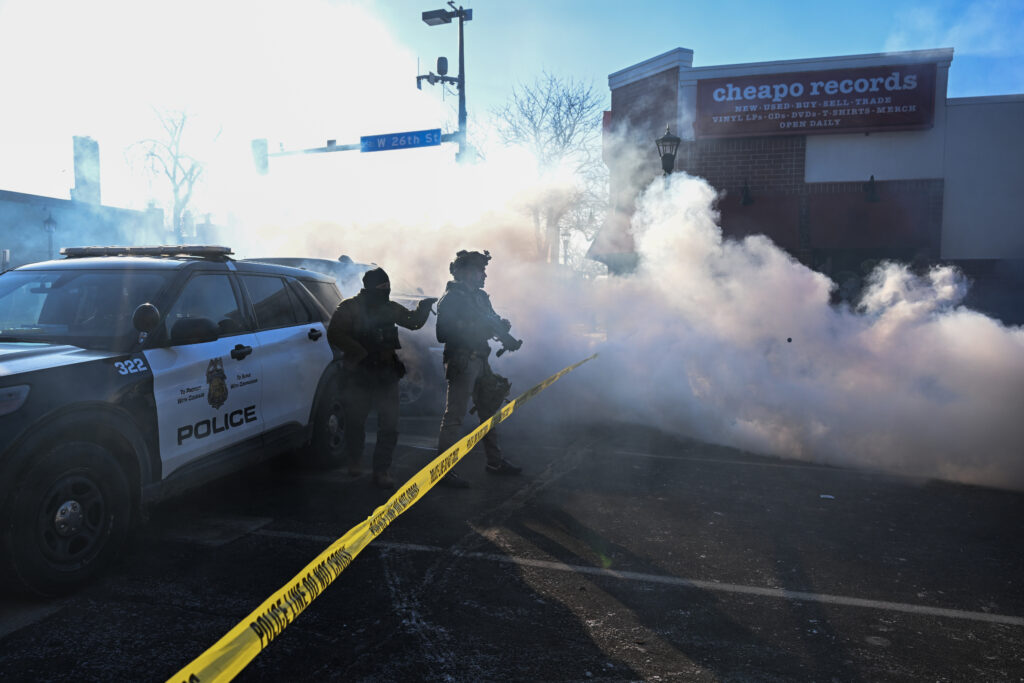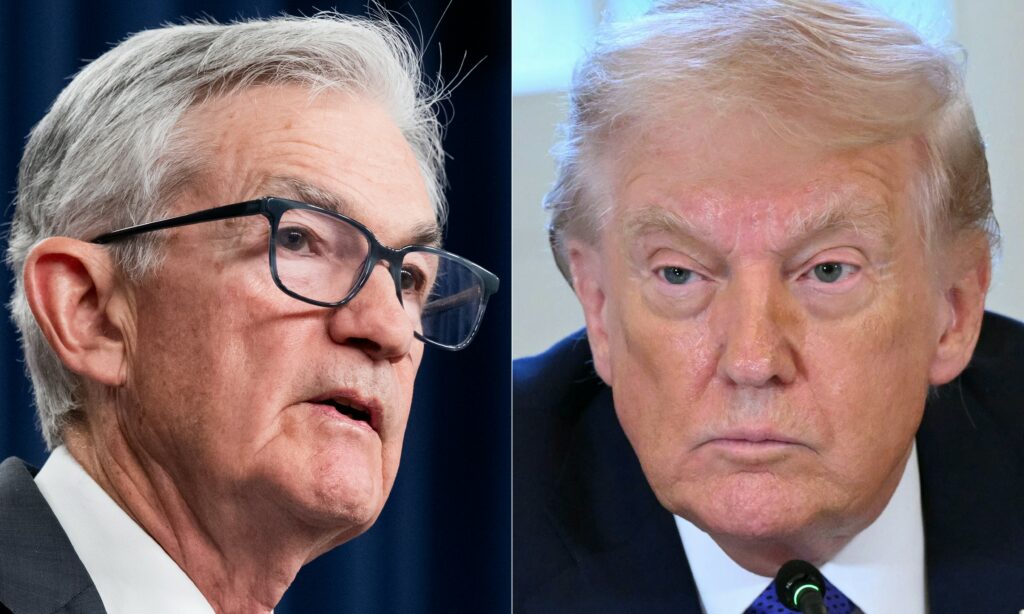Reactions to the second killing by US federal agents in Minneapolis
The killing of a US citizen by federal immigration agents in Minneapolis on Saturday triggered a wave of criticism, from family members and local leaders to Hollywood stars.Federal agents shot Alex Pretti, a 37-year-old intensive care nurse, less than three weeks after an Immigration and Customs Enforcement (ICE) officer shot and killed Renee Good, also 37, in her car.The Department of Homeland Security (DHS) said Pretti was found to be carrying a pistol and ammunition, but cell phone footage of the incident has raised serious questions about the federal government’s description of the incident.- Local leaders -Minnesota Governor Tim Walz called the shooting “horrific” and demanded state authorities lead the investigation.”The federal government cannot be trusted to lead this investigation. The state will handle it, period,” Walz told a news conference.Senator Bill Cassidy, a Louisiana Republican, wrote on X: “The events in Minneapolis are incredibly disturbing. The credibility of ICE and DHS are at stake.””There must be a full joint federal and state investigation. We can trust the American people with the truth.”Minneapolis Mayor Jacob Frey urged President Donald Trump to end the immigration operation, which has sparked sometimes violent demonstrations.”This is a moment to act like a leader. Put Minneapolis, put America first in this moment — let’s achieve peace. Let’s end this operation,” Frey told a news conference.- Family and colleagues -Pretti’s parents said in a statement he was “a kindhearted soul who cared deeply for his family and friends.” “The sickening lies told about our son by the administration are reprehensible and disgusting,” they said.”Alex is clearly not holding a gun when attacked by Trump’s murdering and cowardly ICE thugs.”Dimitri Drekonja, chief of the Infectious Diseases Section at the Minneapolis Veterans Affairs hospital and a colleague of Pretti, called him “a good kind person who lived to help.”Pretti was a nurse working “to support critically ill Veterans,” he said in a post on the Bluesky social media platform.- Hollywood -Hollywood stars used red carpet appearances at the Sundance Film Festival in Utah on Saturday to denounce the killing.Olivia Wilde said the shooting was “unfathomable.””I can’t believe that we’re watching people get murdered in the street,” she told AFP at “The Invite” premiere.”These brave Americans who have stepped out to protest the injustice of these ICE quote/unquote ‘officers,’ and watching them be murdered — it’s unfathomable. We cannot normalize it.”Natalie Portman, who was promoting “The Gallerist,” became emotional as she described her feelings about a “horrible day.””What is happening in our country is just obscene,” she told AFP.”What (President Donald) Trump and (Homeland Security Secretary) Kristi Noem and ICE are doing to our citizens and to undocumented people is outrageous and needs to end.”- Gun rights groups -Some gun rights advocates — often staunch supporters of the Republican president — raised concerns about the Trump administration quickly linking Pretti’s legal gun possession to an intent to do harm.The Gun Owners of America (GOA) condemned a statement by Bill Essayli, a federal prosecutor in California, who had said on X: “If you approach law enforcement with a gun, there is a high likelihood they will be legally justified in shooting you.””The Second Amendment protects Americans’ right to bear arms while protesting — a right the federal government must not infringe upon,” GOA said in a statement.The National Rifle Association said the sentiment of Essayli’s statement was “dangerous and wrong.””Responsible public voices should be awaiting a full investigation, not making generalizations and demonizing law-abiding citizens,” it said on X.
